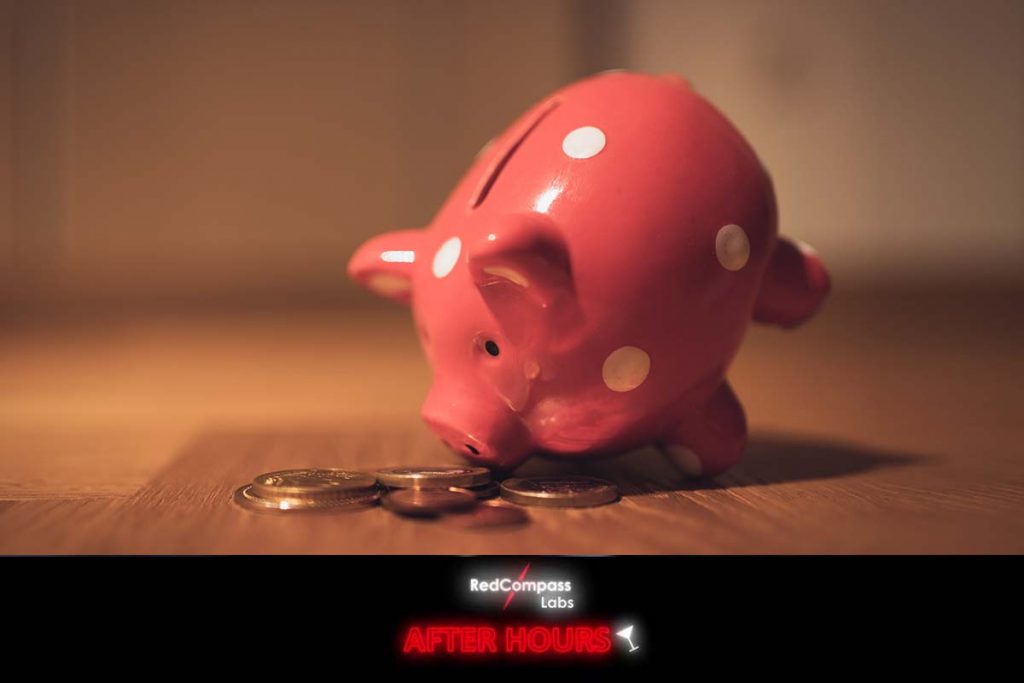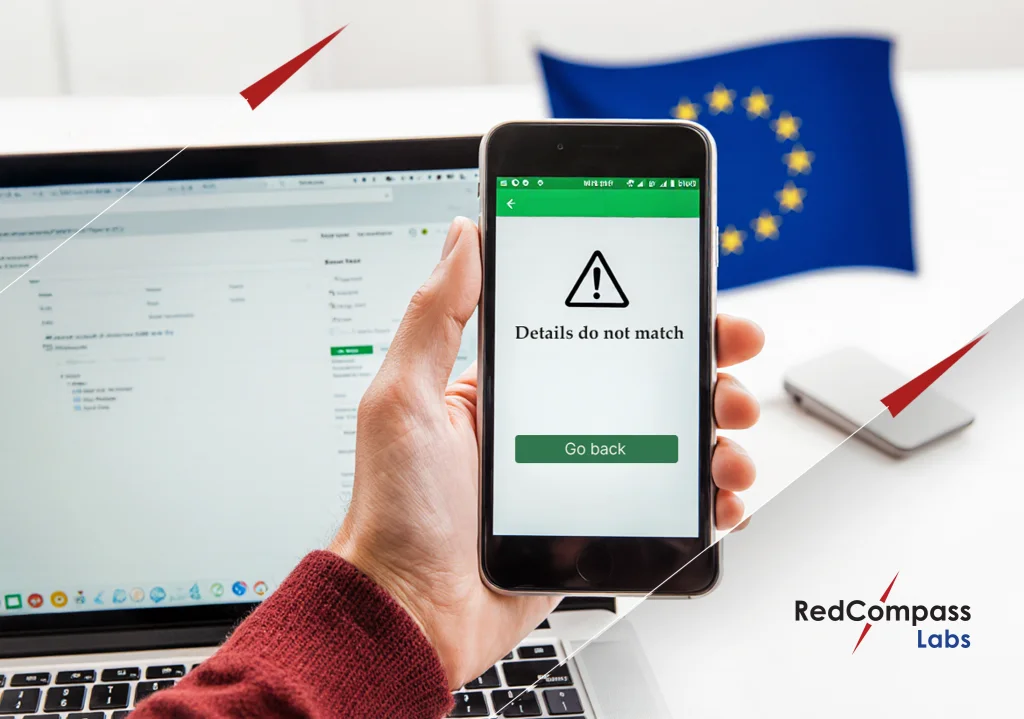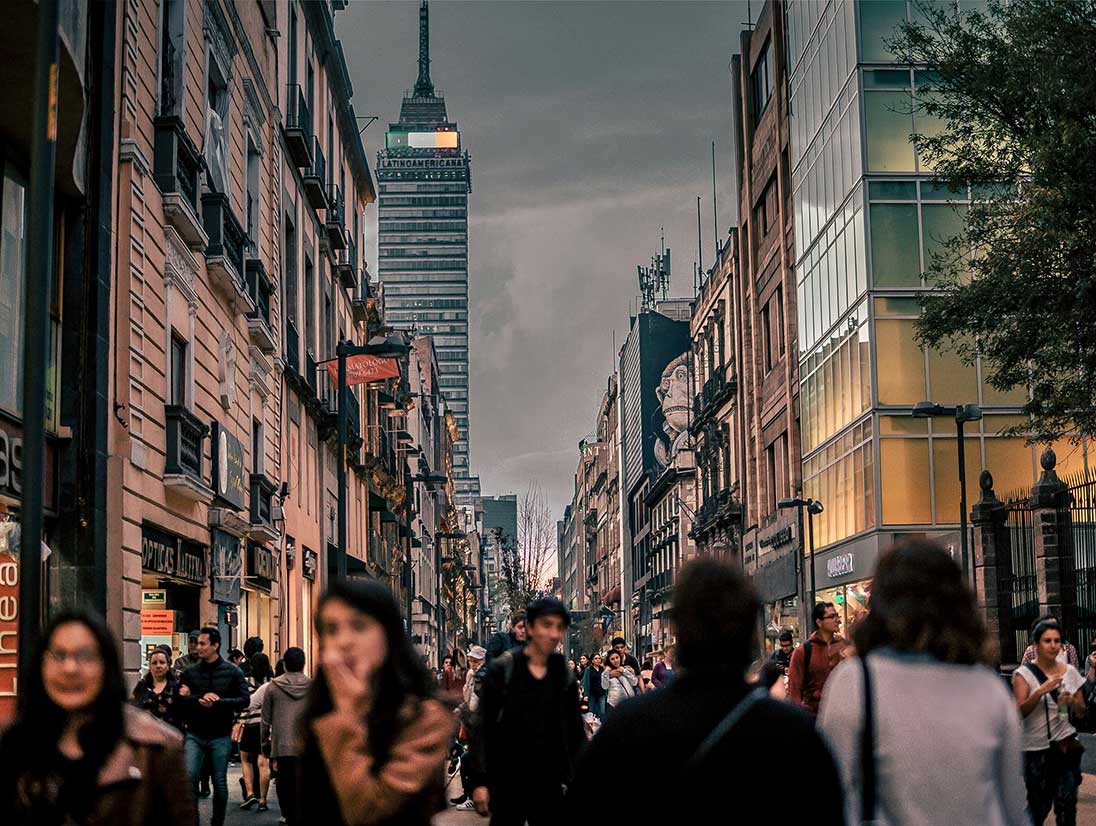The other day I had a drink with a friend at a fancy wine bar. We were casually catching up on how our summers went and enjoying a kids-free evening when we heard some very loud shouting. A man in his mid-fifties was screaming, clearly about to completely ‘lose it’ with the young cashier, simply because… well, he couldn’t pay with cash! I was speechless! How could you physically attack someone simply because you cannot pay in cash?! Clearly, this man had consumed one too many drinks.
However, that episode made me realise how COVID-19 pushed London one step closer to being a cashless society; just witness the dramatic increase in businesses that have gone cashless!
Like the movie Good Bye Lenin!, where the main character awakens from a coma only to find that the Berlin Wall has fallen along with communism, cash lovers stuck in quarantine during COVID-19 now released have stepped into a country where using cash is almost impossible! It must have been a shock for them.
On my side, I dropped cash a long time ago, so it did not really impact me. But the shouty man got me thinking about how we could help cash lovers – as well as the vulnerable and elderly – to transition towards the imminent cashless society. As a matter of fact, current estimates show that 17% of the United Kingdom (UK) population would struggle to cope in a cashless society*. This cannot be ignored. Interestingly, even Sweden, the most advanced country in the cashless journey, have backpedalled a bit, voting in favour of a law aimed at protecting cash.
Is it worth fighting to maintain the existing cash distribution system?
There is strong regulatory pressure to maintain the current cash system in the UK. However, I keep wondering if retaining it really is the solution, as the British cash infrastructure costs around £5 billion a year*. Furthermore, with challenger banks limiting access to cash or stores simply not accepting it, the cost of cash can only spiral upwards**, leading to two possible negative scenarios:
- Scenario 1: there could be more fragmentation between the challengers and the incumbent banks, as the incumbents will need to continue to provide access to cash at their own cost, using a budget that could be spent to innovate. This will make them fall even further behind on innovation.
- Scenario 2: even more people would risk being left behind if the extra cost was charged to the users.
It seems about the right time to look for a different solution. Some developing countries where financial inclusion is a major concern are already implementing other solutions. They have tried to leverage digital innovation and looked at alternative new cash distribution channels. For example, in India, Rizal Commercial Banking Corporation (RBCB) introduced ATM Go, enabling cash withdrawals through various merchant partners. The Philippines government adopted GCash instead, a mobile wallet provider aimed at supporting those impacted by COVID-19. And to remain on financial inclusion, did you know that in Norway, where most people no longer physically carry money, beggars have been using the smartphone payment app Vipps to raise money for years now?
With the adoption of ISO 20022 across all the various payments schemes and open banking, all the key ingredients are now available to develop a more efficient digital-based solution. Open banking removes the need to have a bank account to initiate a payment, while ISO 20022 creates more interoperability between payment rails. Consumers could pick an app of their choice to begin a payment similar to how the Swedish use Swish.
Replacing cash requires a holistic solution
The only remaining concern is the 80/20 Pareto rule. Most apps target 80% of the population and ignore the remaining 20%. I quickly realised that after spending over an hour on the phone helping my grandma make a digital transfer for my birthday, simply because the challenger app was not designed for her! Not to mention the fact that you need access to a phone and broadband connection. The Philippines once again offers an interesting use case on this topic. Their digital push was accompanied by two major governmental measures: introducing a digital ID (PhilSys) and an ambition to increase broadband coverage even in the most remote areas. Even Elon Musk has been on the case, trying to deliver broadband through satellite. As a result, the penetration of mobile wallets has exceeded that of bank accounts.
As you can see, the current cash system doesn’t need to be maintained to avoid financial exclusion. If you need help to design a future of payments without cash, supported by digitally inclusive solutions and convincing the laggards of Roger’s adoption curve, please reach out to RedCompass Labs. In the meantime, I’ll enjoy a glass of wine at home. Please just make sure I am not disturbed by a shouty man!
*Source: https://www.accesstocash.org.uk/media/1087/final-report-final-web.pdf
** Note: all the infrastructure costs are not fixed
Share this post
Written by

RedCompass Labs
Resources






